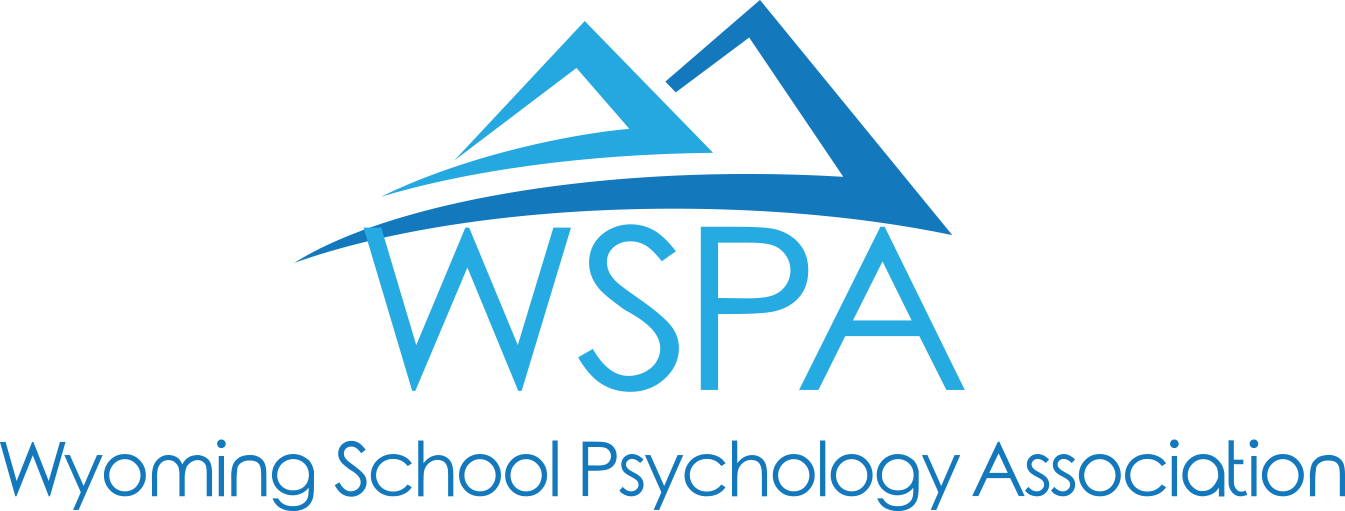Password for access is antelope
***Post written by David Briggs, Ethics Chair for WSPA***
Every few years, it is inevitable that school psychologists have to renew their certification/licensure. It is worth noting that the National Association of School Psychologists (NASP) requires that at least three of the necessary continuing education credits be in the area of law and ethics. If any of you are like me, you procrastinate, and then in the months preceding renewal I scramble to make sure I have all the necessary credits (or get all the necessary credits) in all the different areas to qualify for recertification. That being said, I recently happened upon a nice, and free, three credit ethics training that I’d briefly like to review.
It can be found at https://ce4less.com, you simply have to create an account, then sign up for the course, and take it. The site and courses are not accredited by NASP, but they are accredited by the American Psychological Association (APA). They have notes for the course that you download and read, and then take a test. Upon completion, which only took about an hour and a half, a certificate is available. While I really did not find a lot of new information, it was a good review of all the general areas that can impact school psychologists and other mental health professionals. So, if you are in need, this is a decent, easy, and free option to get those credits in ethics.
Additionally, after completing this course, what really caught my attention was the concept of dual-relationships. While I am keenly aware of what they are and how they can develop, being a practitioner in rural Wyoming, situations can come up where they are almost unavoidable. Case in point, several years ago, I was working in a district just outside of Cheyenne, but I worked in a private practice setting in Cheyenne. I always made sure to check the addresses before taking on clients in private practice to avoid any conflicts with my duties at the school district. However, I ended up evaluating a young boy for autism in private practice that lived in Cheyenne at the time. Well, the family ended up moving into my school district where they brought my report that had an extensive list of service and accommodation recommendations. This put me in a very awkward situation because as a private practitioner, it was my duty to advocate for the family and the student’s needs, but on the flip side, I also had a duty to moderate what should and should not go into an IEP and help them understand what the services would look like based on the district’s programs and resources. The situation eventually settled down, and it was nice that all the testing was already done by a trusted source, but the first several meetings were somewhat tenuous, and my director and co-workers were not overly happy with me. This experience really drove home the importance of ethics and boundaries, and helped me avoid additional issues in the future. So, I urge you all, regardless of whether it is time to renew your certification or not, review your legal and ethical responsibilities. They are always helpful reminders and opportunities to reflect on areas that we may have become overly comfortable or relaxed, and that could potentially get us into unnecessary trouble.

Recent Comments